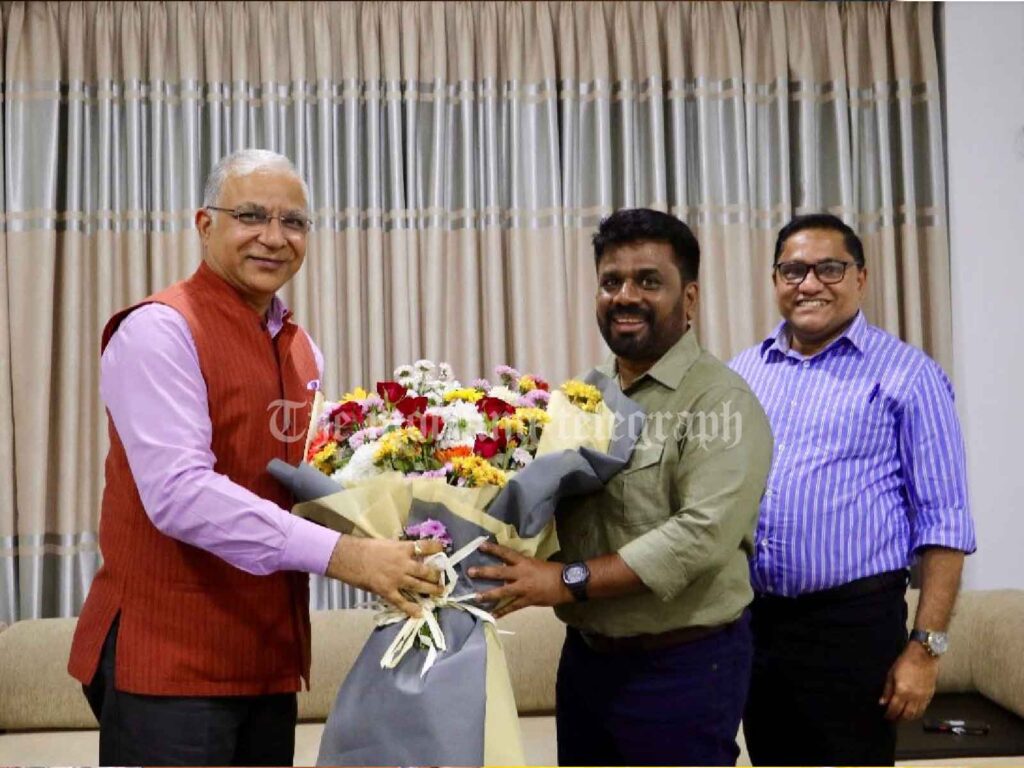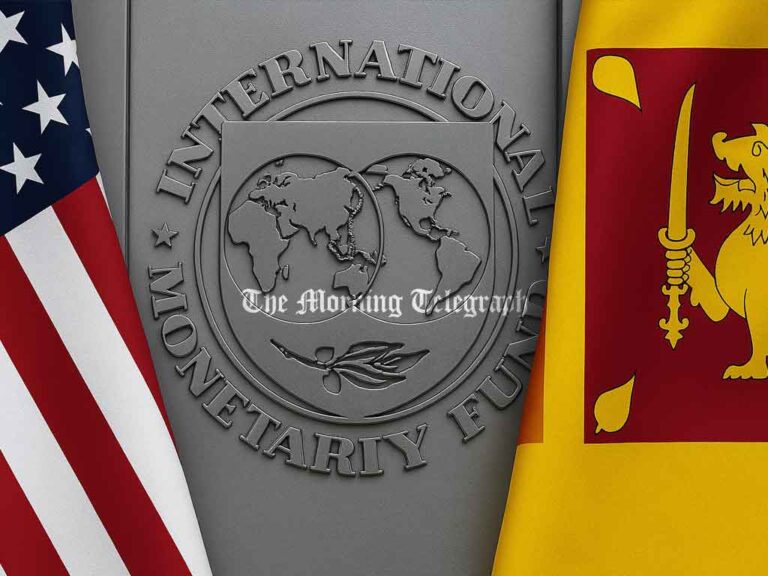
Colombo, Sri Lanka – In a recent meeting with Indian High Commissioner Santosh Jha, Sri Lankan President Anura Kumara Dissanayake expressed a keen interest in leveraging India’s expertise in the power and energy sectors. This discussion comes in the context of ongoing delays surrounding the Adani renewable energy project, which has faced significant legal challenges and environmental concerns in Sri Lanka.
According to the President’s Media Division (PMD), Dissanayake is looking to advance Sri Lanka’s energy development with India’s support, especially amid the complexities surrounding the Adani deal. The project has been stalled due to multiple legal cases in the Sri Lankan Supreme Court, primarily focused on environmental issues and the high tariff rates proposed by Adani.
“The President expressed interest in learning from India’s expertise in power and energy sector development and the digitalization process, with a view to advancing these areas in Sri Lanka with India’s support,” the PMD stated following the meeting.
The timing of this meeting is particularly notable as it precedes Sri Lanka’s parliamentary elections, where Dissanayake’s National People’s Power (NPP) coalition is expected to perform well. Discussions included a comprehensive review of Indian-assisted projects in Sri Lanka, with an emphasis on identifying both progress and existing challenges.
An NPP member indicated that the government plans to revisit the Adani project, among other critical issues, during an upcoming delegation to New Delhi in January, invited by the Indian government. This signals a potential shift in how Sri Lanka approaches foreign investments and energy projects under the current administration.
The Adani renewable energy deal has been contentious, signed without a competitive tender process, and is currently under judicial review as Dissanayake’s government seeks to evaluate the terms of the project. The proposed establishment of 500MW wind power plants in Mannar and Pooneryn has drawn criticism for being too expensive and environmentally problematic.
Concerns have been raised by environmentalists and local leaders, including the Bishop of Mannar, who argue that the wind farms interfere with crucial migratory bird routes. Furthermore, the fixed tariff of 8.26 US cents per kilowatt-hour, set for a 20-year period, has been challenged, particularly as the environmental impact assessment suggested a much lower rate of 4.6 US cents.
Petitioners have called for the Supreme Court to declare the awarding of the Adani project as wrongful, alleging violations of fundamental rights and questioning the legality of the decisions made under the previous administration. The ongoing legal proceedings emphasize the broader issues surrounding long-term power purchase agreements and the need for competitive bidding in the energy sector.
As the Dissanayake administration navigates these challenges, the focus on collaboration with India may signal a strategic pivot in energy policy. The government’s commitment to ensuring transparency and competitiveness in future projects could reshape Sri Lanka’s approach to foreign investments, particularly in the crucial area of renewable energy.




